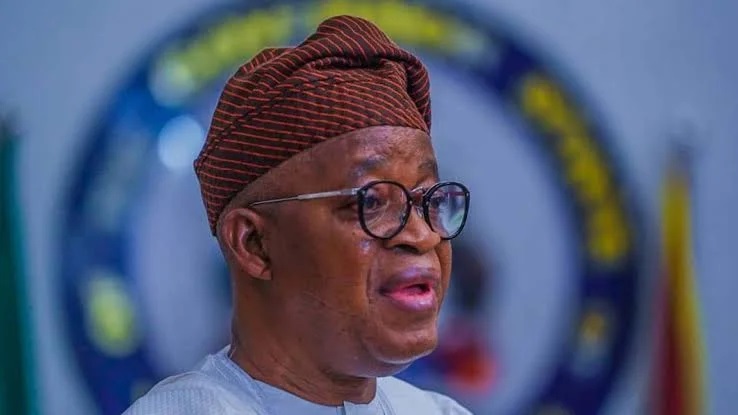Nigeria’s Federal Government has pledged to accelerate efforts to revitalize the long-stalled Baro River Port in Niger State, a project officials say could redefine regional trade but has struggled with structural and financial hurdles since its 2019 commissioning. Minister of Marine and Blue Economy Adegboyega Oyetola outlined these plans during a session with lawmakers this week, framing the port’s revival as critical to unlocking Nigeria’s participation in continental trade networks and easing congestion on overburdened transport corridors.
Appearing before a House of Representatives committee focused on the port’s challenges, Oyetola acknowledged persistent gaps in infrastructure and funding. “Operational constraints, including the absence of critical road and rail links, alongside navigability issues on the River Niger, have limited the port’s functionality,” he said. Originally commissioned five years ago, the $8.7 million (₦3.56 billion) facility remains underutilized due to incomplete supporting projects. The minister attributed delays partly to budgetary shortfalls, revealing dredging efforts—vital for maintaining river depth—have been stifled by scarce resources.
To chart a path forward, Oyetola detailed a multi-agency strategy involving continuous dredging of 2,000 km of inland waterways by the National Inland Waterways Authority (NIWA), enhanced road and rail connectivity, and private sector partnerships through concessions. Collaboration with the transportation ministry to establish a dedicated rail link to the port was also confirmed, though funding remains a barrier.
Emphasizing Baro’s strategic value, officials noted its potential to serve as a hub for agricultural exports and a feeder to southern ports like Onitsha and Warri. Once operational, the port could streamline Nigeria’s trade flows under the African Continental Free Trade Area (AfCFTA) while diverting heavy cargo from congested highways. Historical context provided by NIWA’s Managing Director, Bola Oyebamiji, underscored Baro’s legacy: established in 1908 during British colonial rule, it once facilitated lucrative trade in crops and livestock between Nigeria’s northern and southern regions.
Lawmakers, meanwhile, signaled urgency in resolving bottlenecks. The parliamentary committee, which plans an inspection visit to the site, stressed the port’s “non-negotiable” role in economic diversification. Chairman Rep. Saidu Abdullahi clarified their mandate as facilitative rather than investigative, aiming to rally political and financial support through upcoming stakeholder forums.
As Nigeria confronts pressing infrastructure demands, the Baro River Port’s fate serves as a litmus test for balancing ambitious development goals with fiscal realities. With 94% of construction costs already paid but critical linkages pending, its revival hinges on bridging funding gaps and aligning priorities across government tiers—a challenge Oyetola framed as both urgent and achievable with sustained collaboration.
